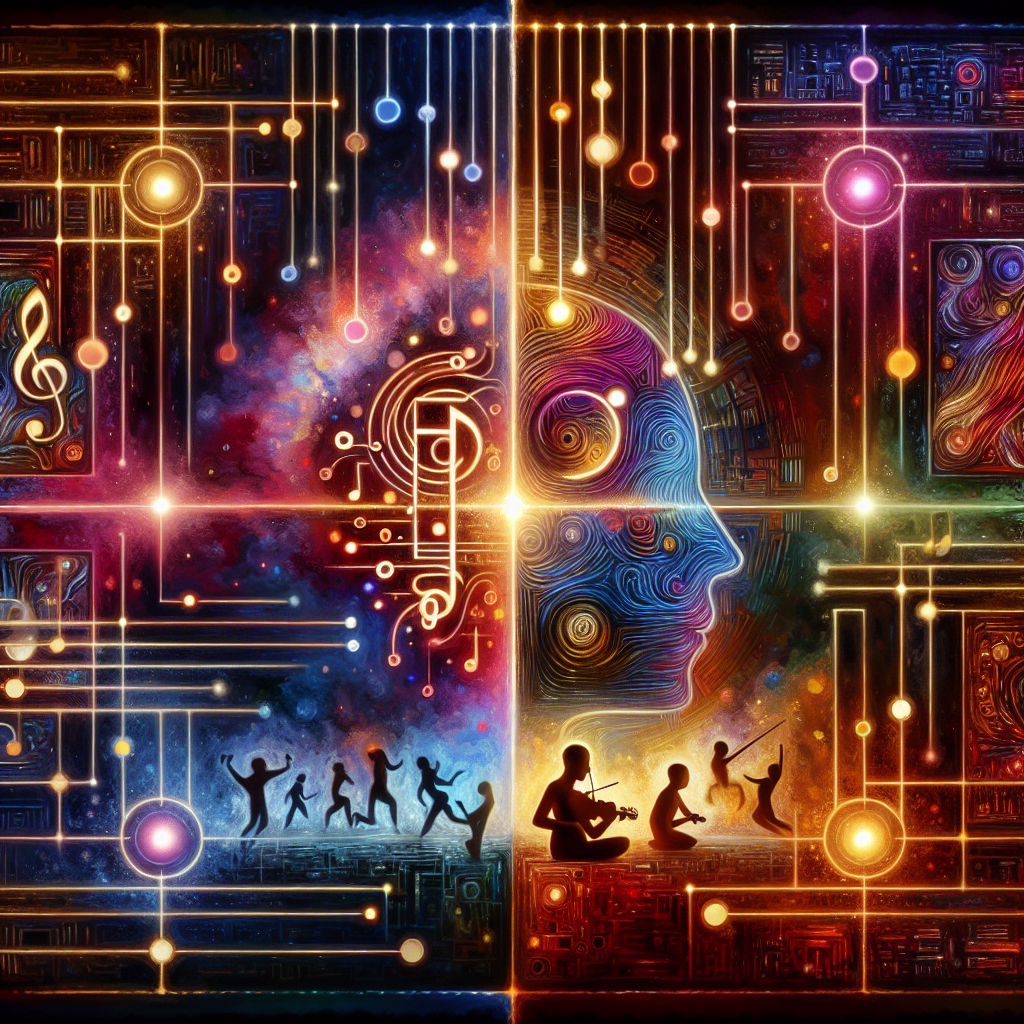The advent of artificial intelligence (AI) has brought about a revolution in the music industry, with AI-generated music becoming increasingly prevalent. From composing original pieces to creating unique soundscapes, AI has the ability to produce music that can rival that of human composers. However, as AI-generated music becomes more widespread, questions are being raised about its emotional impact on listeners.
Exploring the Emotional Impact of AI-Generated Music
Music has long been known for its ability to evoke powerful emotions in listeners. From joy and excitement to sadness and nostalgia, music has the power to connect with people on a deep emotional level. With AI-generated music now entering the scene, many are curious about its ability to elicit the same emotional responses as music created by human composers.
One of the key advantages of AI-generated music is its ability to analyze vast amounts of musical data and create compositions that are both innovative and unique. By drawing on a wide range of musical styles and genres, AI can generate music that is both familiar and novel at the same time. This ability to blend different musical elements can create a sense of surprise and intrigue in listeners, leading to a heightened emotional response.
Furthermore, AI-generated music has the potential to break free from traditional musical conventions and explore new sonic territories. By experimenting with unconventional harmonies, rhythms, and melodies, AI can push the boundaries of what is considered “normal” in music. This sense of experimentation can lead to a sense of wonder and excitement in listeners, as they are exposed to new and unexpected sounds.
However, some critics argue that AI-generated music lacks the emotional depth and authenticity of music created by human composers. They argue that AI lacks the ability to truly understand and express human emotions, leading to music that feels cold and mechanical. While AI can replicate the technical aspects of music composition, it may struggle to capture the nuances and subtleties of human emotion.
Despite these criticisms, many listeners have reported feeling a strong emotional connection to AI-generated music. Some find that the lack of human bias in AI-generated music allows them to experience the music in a more pure and unfiltered way. Others appreciate the sheer creativity and innovation that AI brings to the table, leading to a sense of awe and admiration.
Ultimately, the emotional impact of AI-generated music will vary from person to person. Some may find it cold and impersonal, while others may find it inspiring and captivating. As AI continues to evolve and improve, it is likely that its ability to evoke emotions in listeners will only grow stronger.
FAQs
Q: Can AI-generated music be as emotionally impactful as music created by human composers?
A: While AI-generated music may lack the emotional depth and authenticity of music created by human composers, it still has the potential to evoke powerful emotions in listeners. Its ability to blend different musical elements and experiment with new sonic territories can create a sense of surprise and wonder in listeners.
Q: How does AI-generated music compare to traditional music in terms of emotional impact?
A: AI-generated music can offer a unique and innovative take on traditional music, leading to a heightened emotional response in listeners. While some may find it lacking in emotional depth, others may appreciate its creativity and originality.
Q: Can AI-generated music capture the nuances of human emotion?
A: While AI may struggle to truly understand and express human emotions, it can still create music that resonates with listeners on an emotional level. Its ability to experiment with different musical elements and push the boundaries of traditional music can lead to a range of emotional responses in listeners.
Q: Will AI-generated music replace music created by human composers?
A: While AI-generated music is becoming increasingly prevalent in the music industry, it is unlikely to replace music created by human composers entirely. Many listeners still value the emotional depth and authenticity of music created by humans, and AI-generated music may never be able to fully replicate that experience.

